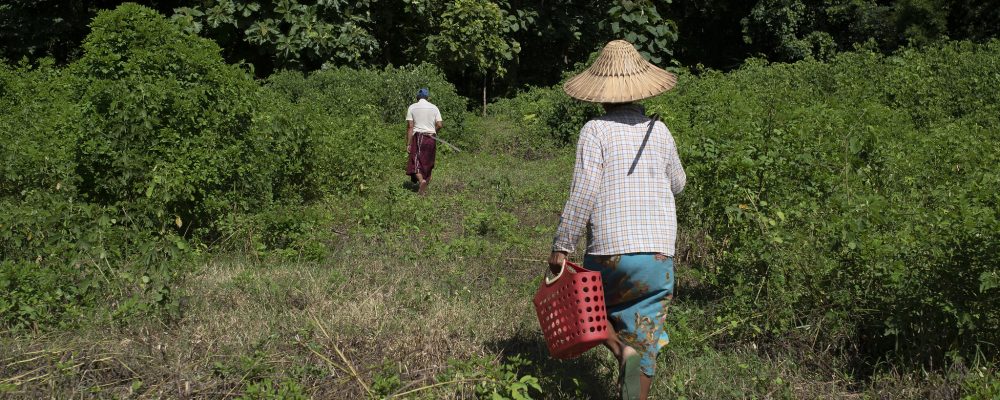
The global political landscape for forests and climate has never been more favorable. The Glasgow COP, at the end of the year, shone a spotlight on forests contributions to combating climate change and keeping the 1.5°C target alive. The conference yielded a number of milestone commitments and about 80 percent of the signatories to the Paris Agreement signed the $12 billion Declaration on Forests and Land Use, representing sufficient critical mass to accelerate the realization of forests’ contribution to climate change mitigation, adaptation and delivery of the SDGs by 2030.
In 2022, the Programme will continue to build strong partnerships to scale up and connect country ambition and action with massively scaled up finance. No one constituency alone can hope to achieve the transformative systemic change needed to turn the tide on deforestation. Partnerships need to be forged and strengthened between donors and forest countries and between buyers, sellers and other parties along the forest carbon value chain, most notably IPLCs, crucial guardians of tropical forests.
As explored in the UN-REDD Executive Board’s Strategic Dialogue on financing large-scale forests conservation and restoration, in September, 2021, such partnerships will need to cater to a diversity of forest country ambitions and capacities, with a corresponding spectrum of demand-side finance modalities – from upfront investments to results-based incentives. UN-REDD will help convene a phased approach to bring a diverse pipeline of supply to meet a range of results-based finance opportunities, from public-only payments to private sector market approaches of higher ambition. Such public and private forest-climate finance will also be needed to drive stepwise improvements in the quality of forest-based mitigation results to be rewarded with commensurate improvements in predictability and volume of financing.

The vast majority of the upfront finance needed to halt deforestation needs to target more sustainable, deforestation-free approaches to food production. The challenges of food system transformation and halting deforestation were also discussed, in the context of the UN Food System Summit, at an another UN-REDD Executive Board Strategic Dialogue. As a follow-up to this dialogue, the Programme is now developing region-specific projects, as well as a global dashboard of entry points to better convey the role of UN-REDD in supporting forest countries and in-country stakeholders to achieve deforestation-free commodity chains.
Another crucial area from the Glasgow climate summit is the support to IPLCs, as reflected in the COP26 IPLC Forest Tenure Joint Donor Statement. The Programme will continue to help governments implement a wide range of policy instruments and good practice guidance for IPLC engagement and inclusion in forest solutions, as well as help empower IPLCs to participate in, and benefit from, climate finance for forest solutions. The UN-REDD initiative on community-based REDD+ (CBR+) is equally ready to jump start a new phase, connecting the IPLC agenda with NDCs, as soon as donor financing is made available.
The year 2022 thus presents UN-REDD with a powerful opportunity to advance forest and climate agendas and impact as we travel the road from Glasgow to Sharm el-Sheikh COP26 generated a critical mass of political will, backed by growing public and private financial commitments. Climate champions are energized across society, from youth leadership in the global north to the indigenous peoples of the global south. UN-REDD stands ready and equipped to join hands across constituencies and help make the COP26 forest declarations and pledges an unequivocal success.
